Colombia takes more heat from S.America left
S.America's leftist leaders heaped more criticism on Colombia in a crisis menacing political stability in the Andes.
Thursday, 06.03.2008.
09:16

S.America's leftist leaders heaped more criticism on Colombia in a crisis menacing political stability in the Andes. Colombia, the United States' closest ally in South America, set off a major diplomatic crisis on Saturday when its army crossed into Ecuador to kill Colombian Marxist guerrillas just across the border. Colombia takes more heat from S.America left OPEC oil exporters and leftist allies Venezuela and Ecuador reacted by cutting off diplomatic relations, moving troops to their borders with Colombia and lambasting Colombian President Alvaro Uribe, who receives billions of dollars in military aid from the United States. Argentine President Cristina Fernandez was in Caracas on Thursday to meet with anti-U.S. Venezuelan President Hugo Chavez. A day earlier, Chavez met with Ecuador's president, Rafael Correa, in Caracas. Correa later traveled to Panama to continue his anti-Colombia lobbying tour. Chavez threatened on Wednesday possible government takeovers of Colombian companies in Venezuela, and said Venezuela could sell off investments it has made in Colombia. He said Venezuelan mobilization of military hardware and troops was to defend itself against possible attacks from Colombia and the United States. "Our policy is peace, but we have to take preventive measures to prevent war," Chavez said after meeting with Correa. U.S. President George W. Bush has supported Colombia and the White House has tried to shift the focus onto four decades of killings and kidnappings by the rebel Revolutionary Armed Forces of Colombia, or FARC. But even centrist and conservative leaders in Peru and Mexico joined the criticism of Colombia. The Organization of American States, the Western Hemisphere's top diplomatic body, said Colombia had violated international law, but stopped short of the stronger condemnation Correa demanded. Colombia says it nabbed guerrilla computers in Ecuador containing proof that Ecuador and Venezuela were aiding the FARC, Latin America's oldest insurgency group. Chavez is openly sympathetic to the FARC but he and Correa denied the accusations and repeatedly called Uribe a liar. The attack in Ecuador, which killed a top FARC leader and more than 20 other rebels, threw cold water on negotiations by France, Venezuela and Ecuador to free dozens of hostages held by the guerrilla army for years. While many Colombians want Uribe to negotiate with the guerrillas to release hostages, he is popular for military victories against the FARC. FARC rebels bombed an oil pipeline in southwest Colombia on Wednesday, a possible reprisal for Saturday's attack. Such pipeline bombings are fairly common in Colombia, but this was the first one since the current crisis began.
Colombia takes more heat from S.America left
OPEC oil exporters and leftist allies Venezuela and Ecuador reacted by cutting off diplomatic relations, moving troops to their borders with Colombia and lambasting Colombian President Alvaro Uribe, who receives billions of dollars in military aid from the United States.Argentine President Cristina Fernandez was in Caracas on Thursday to meet with anti-U.S. Venezuelan President Hugo Chavez. A day earlier, Chavez met with Ecuador's president, Rafael Correa, in Caracas. Correa later traveled to Panama to continue his anti-Colombia lobbying tour.
Chavez threatened on Wednesday possible government takeovers of Colombian companies in Venezuela, and said Venezuela could sell off investments it has made in Colombia.
He said Venezuelan mobilization of military hardware and troops was to defend itself against possible attacks from Colombia and the United States.
"Our policy is peace, but we have to take preventive measures to prevent war," Chavez said after meeting with Correa.
U.S. President George W. Bush has supported Colombia and the White House has tried to shift the focus onto four decades of killings and kidnappings by the rebel Revolutionary Armed Forces of Colombia, or FARC.
But even centrist and conservative leaders in Peru and Mexico joined the criticism of Colombia.
The Organization of American States, the Western Hemisphere's top diplomatic body, said Colombia had violated international law, but stopped short of the stronger condemnation Correa demanded.
Colombia says it nabbed guerrilla computers in Ecuador containing proof that Ecuador and Venezuela were aiding the FARC, Latin America's oldest insurgency group.
Chavez is openly sympathetic to the FARC but he and Correa denied the accusations and repeatedly called Uribe a liar.
The attack in Ecuador, which killed a top FARC leader and more than 20 other rebels, threw cold water on negotiations by France, Venezuela and Ecuador to free dozens of hostages held by the guerrilla army for years.
While many Colombians want Uribe to negotiate with the guerrillas to release hostages, he is popular for military victories against the FARC.
FARC rebels bombed an oil pipeline in southwest Colombia on Wednesday, a possible reprisal for Saturday's attack.
Such pipeline bombings are fairly common in Colombia, but this was the first one since the current crisis began.










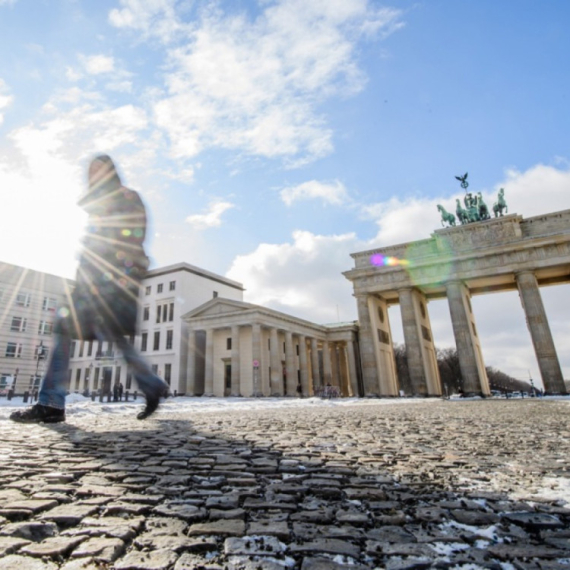


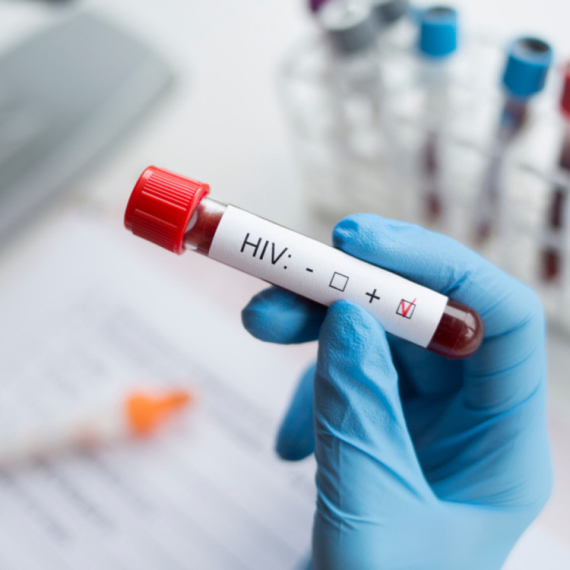

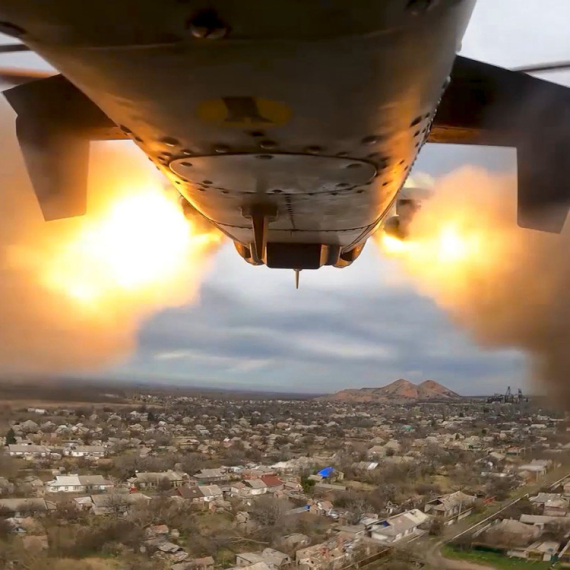
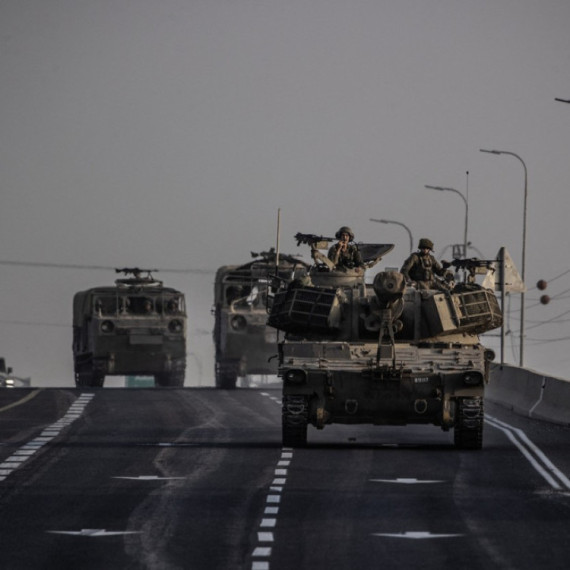
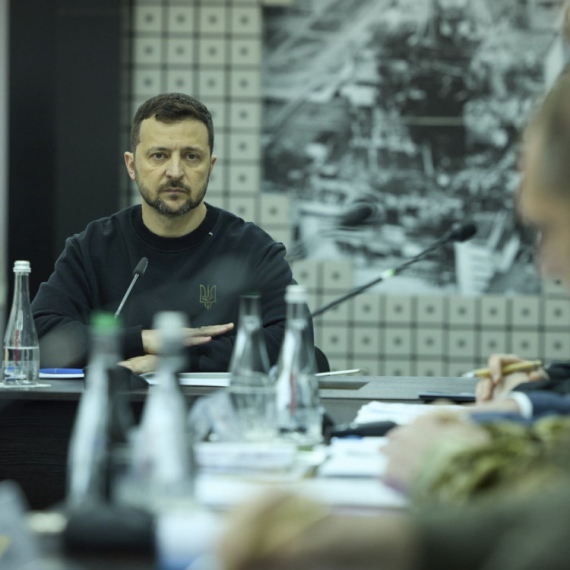

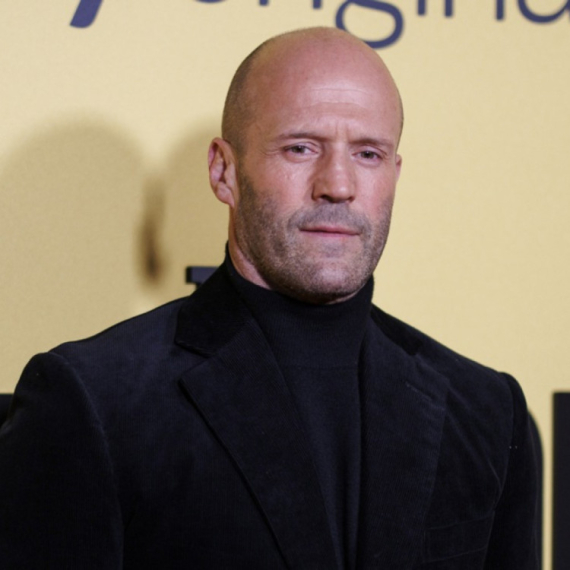

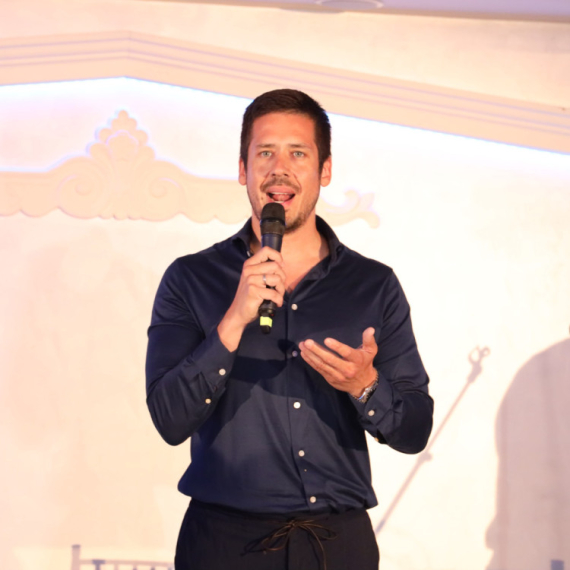
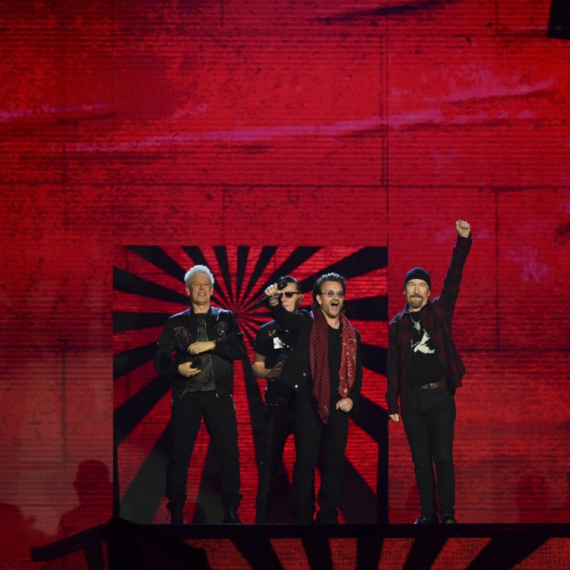



















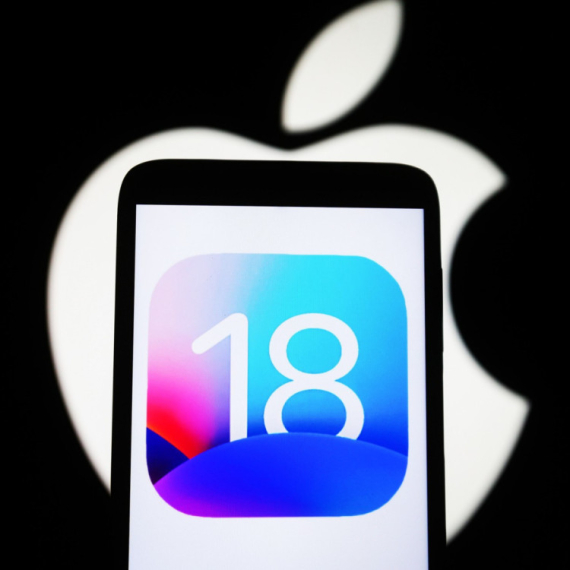









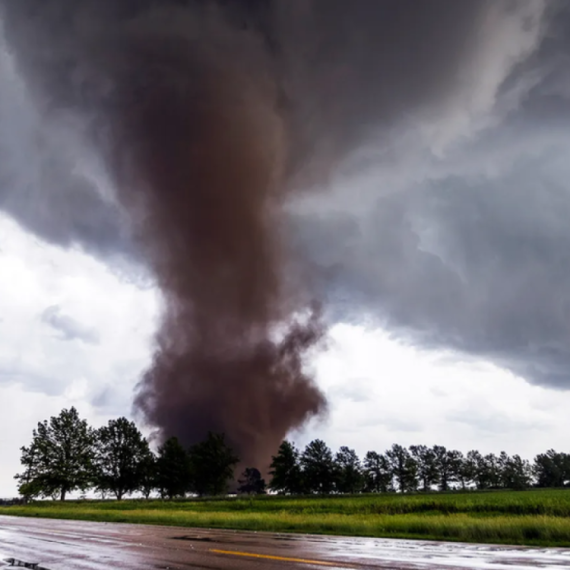

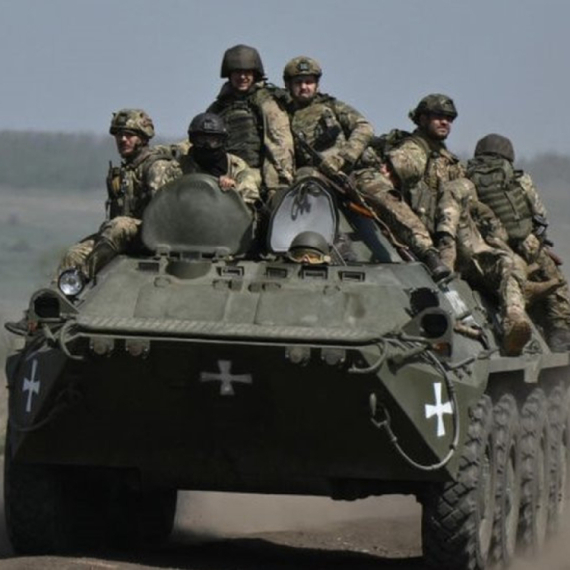
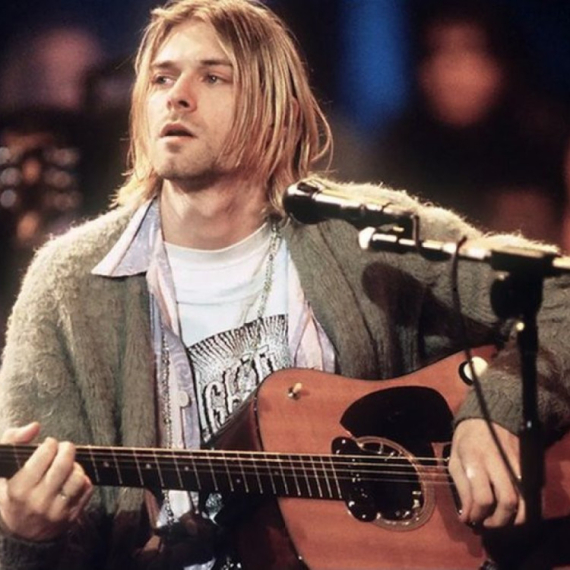
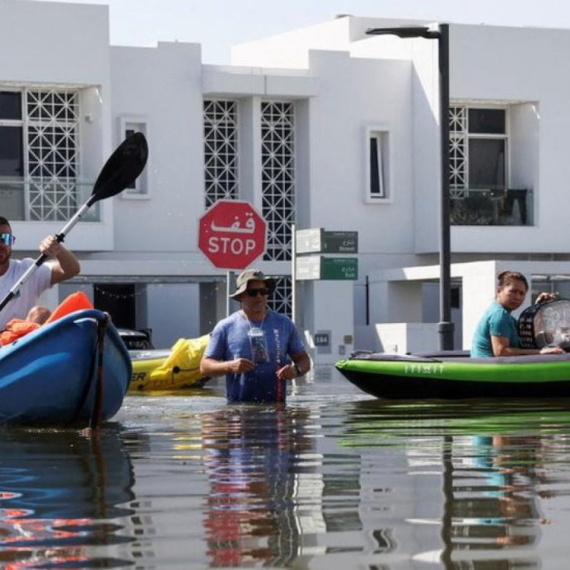

Komentari 0